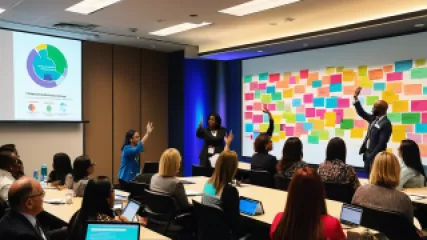Proven Relaxation Techniques: A Research Summary
1 year ago
Techniques for Relaxation
Empowering Advocates: A Step-by-Step Guide to Effective Mental Health Advocacy
1 year ago
Advocacy in Mental Health
How to Get Online Support for Disordered Eating
1 year ago
Disordered Eating
A Cognitive Behavioral Approach to Understanding and Managing Moods
1 year ago
Understanding Moods
Overcoming Boredom: A Step-by-Step Guide to Finding Fulfillment
1 year ago
Dealing with Boredom
The Importance of Developing Effective Social Skills for Personal and Professional Success
1 year ago
Social Skills
The Ultimate Guide to Boosting Self-Esteem with Positive Affirmations
1 year ago
Positive Affirmations Impact
My Journey Through Substance Abuse and Recovery
1 year ago
Substance Abuse
Why Are We Superstitious? The Psychology Behind Superstitious Beliefs
1 year ago
Psychology Behind Superstitions
Crafting a Personalized Self-Harm Recovery Plan: A Step-by-Step Guide
1 year ago
Self Harm
Step-by-Step Guide to Managing Financial Stress
1 year ago
Managing Financial Stress
How to Manage the Psychology of Waiting Online
1 year ago
Psychology of Waiting
Mastering Mental Focus: An Opinion on Enhancing Concentration
1 year ago
Enhancing Concentration
The Power of Intrinsic Motivation: A Personal Perspective
1 year ago
Motivation
My Gratitude Mindfulness Journey: Transforming My Life Through Thankfulness
1 year ago
Gratitude Practice














